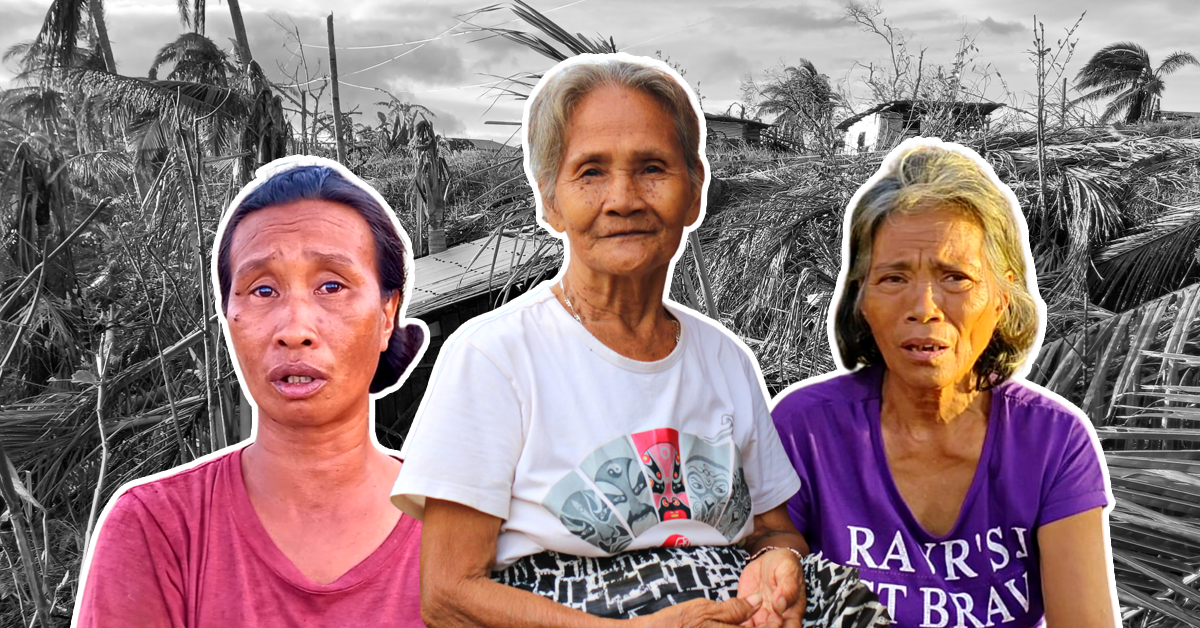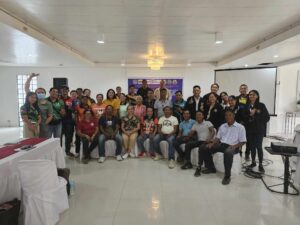-Yet, studies have revealed that only 0.4% (as of 2017, source: https://charter4change.org) of humanitarian aid goes directly to local and national NGOs. This issue is among the commitments included in the Grand Bargain, that is, to increase funding allocation to reinforce local capacities. A network leading this call for localization is the Alliance for Empowering Partnerships (A4EP). As the next meeting of the Grand Bargain signatories (the Sherpas) is fast approaching, A4EP sends out some issues that the Sherpas can reflect during the meeting. Below is the report. You can also download it here from their website.
Dear Grand Bargain Sherpas,
We, one of the multi-country networks of local actors actively engaged on localisation, know that the next annual meeting of Grand Bargain on 24-25 June 2020, is open only to the Grand Bargain Signatories, and only Sherpas will be able to use audio and video. We see the signatories wanting to talk about the future of Grand Bargain and strengthening local action, without presence of local actors around the table who continue to face obstacles to get included in a process, designed for their empowerment. We have tried to proactively engage with the localisation work stream but have been very disappointed with the lack of response. We have seen systematic exclusion and discrimination against meaningful participation of a diversity of local actors in many of these processes.
We believe you share our concern of seeing less than expected progress on most of the workstreams, according to the self-reports of the signatories. The World Humanitarian Summit triggered several good processes, intending to reform the humanitarian architecture and practices for overall aid efficiency, mitigation of needs and better support to the affected population. Given the slow progress, we are hopeful that the Signatories would use the next annual meeting to introspect on the reasons for the slow progress, define the mechanisms to fix the accountability and answerability and come up with a future roadmap which is more inclusive, equitable and respectful of the local actors.
The local actors do not want to remain passive beneficiaries of a change process. They rather want to have equal stake, ownership, shared leadership and representation across all the processes and the discussion fora. We, as one of the committed network of local actors, firmly believe that the signatories are genuinely interested to deliver on the Grand Bargain commitments by overcoming the barriers. As we do not have the privilege of being present, we would like to request that you kindly reflect on the following issues during the annual meeting in our absence:
- Reflect on the recommendations, made by Alliance for Empowering Partnerships (A4EP) in its paper ‘The Grander Bargain’ and incorporate them in the future plan of the GB
- Engage local actors and their various relevant networks, including A4EP, in the discussion deciding future of the Grand Bargain, as that largely determines our future
- While finalising the next 12 month’s plan, keeping Covid19 response into consideration, do plan adequate engagement of local actors in the planning process as well as the implementation • Please ensure adequate representation of local actors (at least 50%) in the 5-year anniversary meeting of the Grand Bargain
- The 5th annual report, instead of being a self-report from signatories, should be externally verified and written, based on the evidence provided by the signatories
- Restructuring of workstreams in the final year to ensure at least 50% leadership position going to local actors • Signatories to publish cumulative financial reporting on IATI or FTS to ascertain the quantity and quality of funding being passed on to local actors
- Report on all the financial investments that have been made on localisation research, meetings and conferences and their effectiveness in terms of tangible change
- Since the country offices of the signatories have often been the biggest barriers in the localisation process, a system ought to be created to make them as accountable and answerable as their headquarters are. IASC definition shouldn’t be manipulated in the final year of the GB to deny funding to homegrown local actors.
Although, local actors are overwhelmingly not allowed to participate in the annual meetings, we are still optimistic that our concerns would be heard and reflected on during the 2-days of the meeting, and that appropriate space would be created for us for future collaboration. In the humanitarian architecture, each of us must play the complementary role. As signatories, you have acknowledged the significant role local actors play during a humanitarian response. We have equal realisation of the complementary role you play to strengthen us. Hopefully, next time we would be sitting across the table as equals to exchange ideas.
Members of the Alliance for Empowering Partnership.



